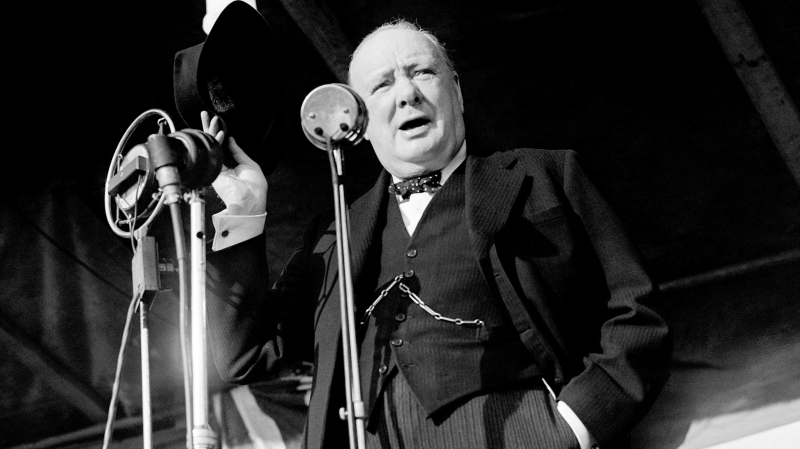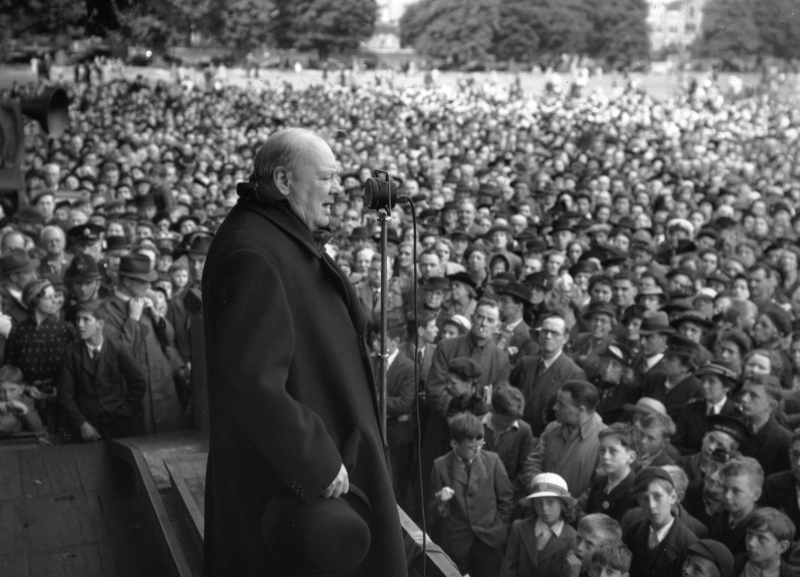He had a speech impediment
Amazingly, one of the interesting facts about Winston Churchill, is that a man who frequently appeared in public and gave speeches that made him famous was a lisped. Churchill struggled to pronounce the letter "s" throughout his entire life due to a speech impediment similar to his father's. Churchill later learned that his tongue was "restrained by a ligament which none else had" from an American masseuse. He considered that to be "the real explanation" for his nasal speech. Earlier, the Boers had stated in their announcement for his capture after he had escaped from jail that "during extended chats, he periodically produces a rattling noise in his neck." This description was similar to that. Churchill informed his mother that he was still "tied" when he met Dr. Semon about removing the ligament, but he declined to do so.
He even sought assistance from a speech therapist in 1897, according to the International Churchill Society, who suggested practice and perseverance develop proper word pronunciation. Churchill persisted and practiced lines like "The Spanish ships I cannot see for they are not in sight" to improve his pronunciation. This type of "exercise" was designed to help him overcome his difficulty pronouncing the sibilant "s." Churchill kept on practicing as a result. After a particularly well-received political address, he subsequently claimed that he would become a brilliant public speaker, stating, "My disability is no problem."
A wonderful example of overcoming challenges to reach greatness is Winston Churchill. One of Churchill's quotations that have made a positive impact on each of us is "An optimist sees the potential in every struggle; a pessimist sees the difficulty in every opportunity."














